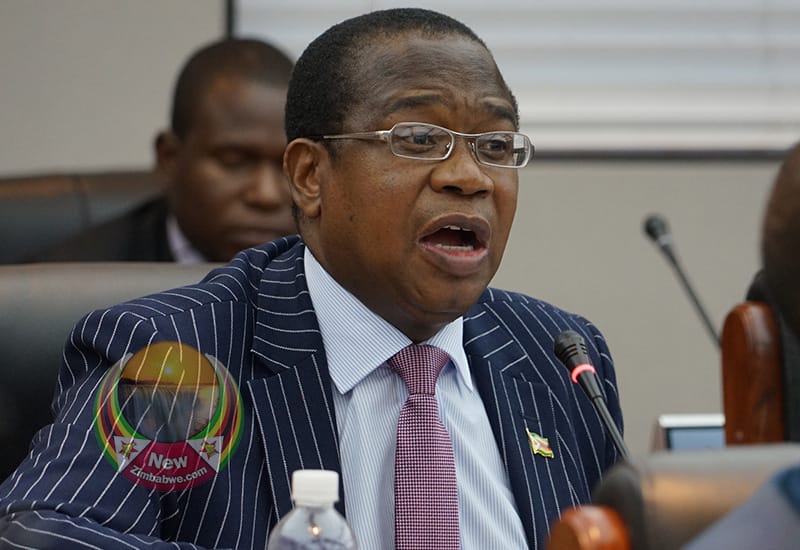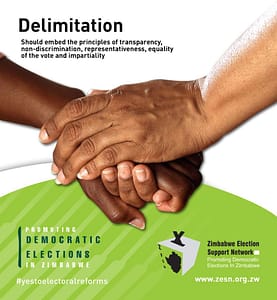Zimbabwe’s bid to tame inflation by suspending import duties on basic goods

Mthuli Ncube Finance Minister
Zimbabweans are hoping for some relief from soaring prices of basic goods after the government announced a six-month suspension of import duties and import value-added tax (VAT) on 10 essential products12. The move, which took effect on May 12, 2023, is aimed at increasing the availability and affordability of commodities such as maize meal, rice, milk, flour, salt, cooking oil, petroleum jelly, toothpaste, bath soap and washing powder23.
The suspension of import duties comes after the government also allowed retailers and wholesalers to keep all the foreign currency they collect from customers24, a measure that is expected to boost their capacity to import goods and replenish their stocks. However, some consumers have complained that they are still being charged in U.S. dollars for some basic goods, even when they prefer to use Zimbabwean dollars1.
The government has also instructed the Zimbabwe Revenue Authority (Zimra) to draft the necessary legal instrument to implement the duty suspension23, and the Ministry of Industry and Commerce to include the 10 products on the Open General Import Licence2, which means that importers do not need to apply for a permit to bring in the goods.
The government hopes that these measures will ease the pressure on consumers who have been struggling to cope with inflation, which reached 194 percent in April 20231. However, some local producers and industry associations have expressed concern that the suspension of import duties will expose them to unfair competition from cheap imports and undermine their viability24.
They have urged the government to protect the local industry and ensure that quality and measurement standards are enforced for imported goods2. They have also called for more support for local production, such as access to foreign currency, affordable inputs and electricity.
Meanwhile, President Emmerson Mnangagwa yesterday inaugurated the Rwenya Bridge in Mudzi, which is expected to improve communication between Mashonaland East province and Nyanga district in Manicaland.
The bridge was destroyed by Cyclone Eline in 2013, cutting off the two provinces on the northern side. The reconstruction of the bridge was funded by the African Development Bank as part of its emergency assistance program for Zimbabwe.
Mnangagwa said the bridge was a symbol of resilience and development for the people of Mudzi and Nyanga, who had endured years of hardship due to the lack of connectivity. He also said the bridge would facilitate trade and tourism between the two provinces and beyond.
He urged the local communities to take care of the bridge and use it for productive purposes. He also warned against vandalism and theft of infrastructure materials.
Mnangagwa also thanked the African Development Bank for its support and pledged to continue working with regional and international partners to improve Zimbabwe’s infrastructure and economy.




